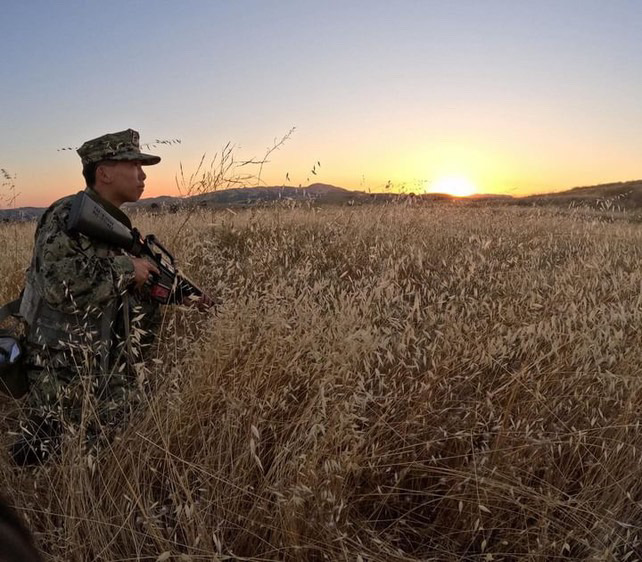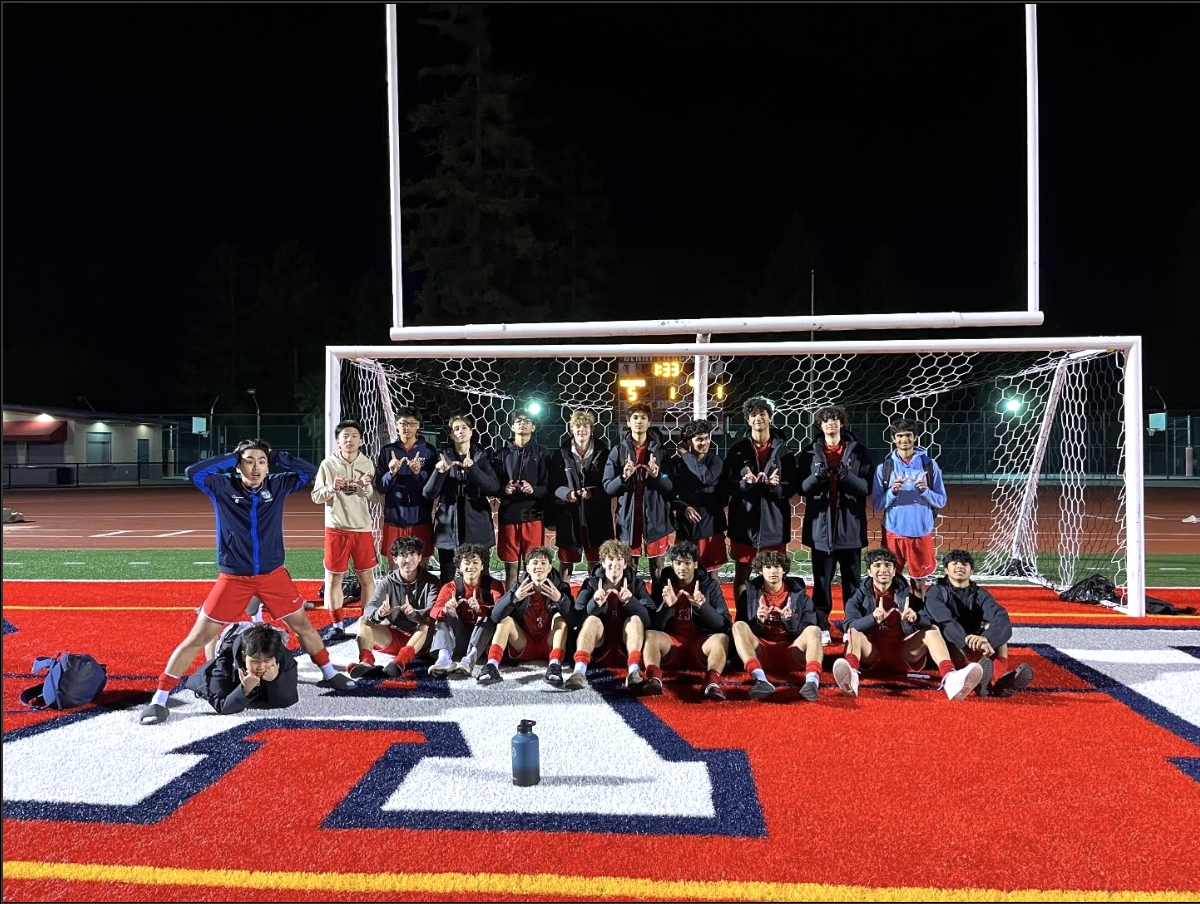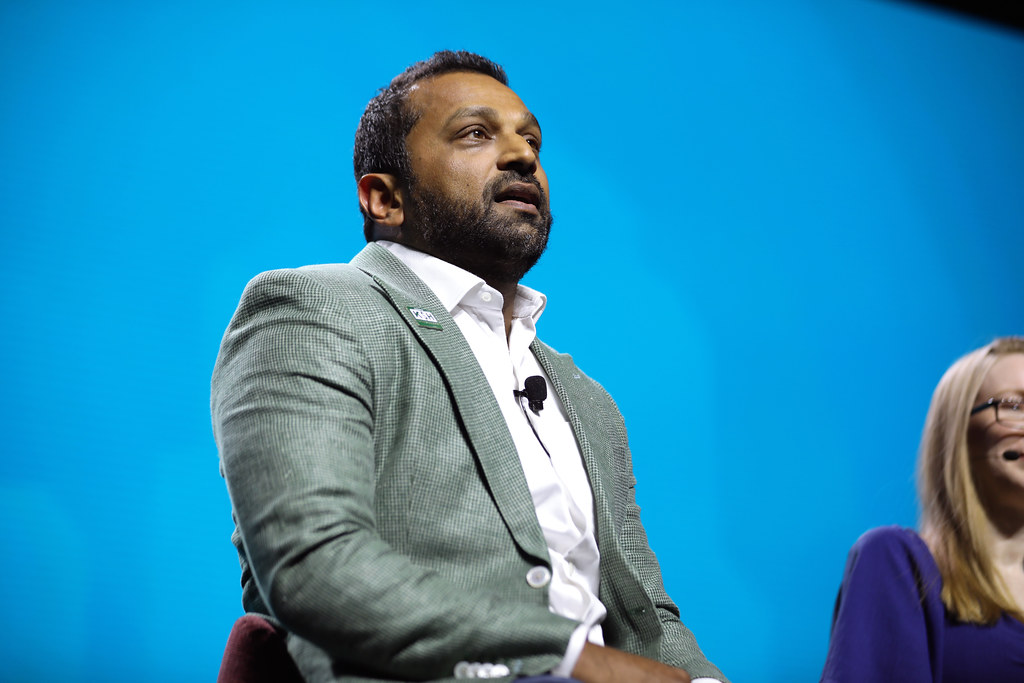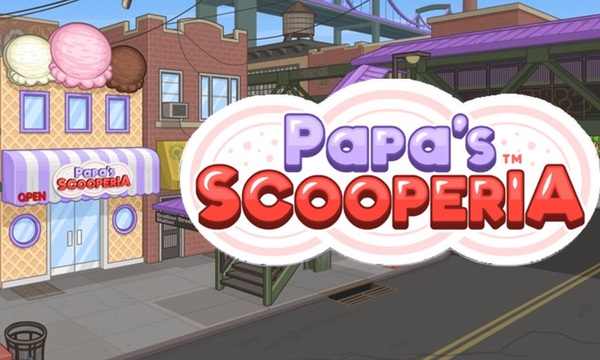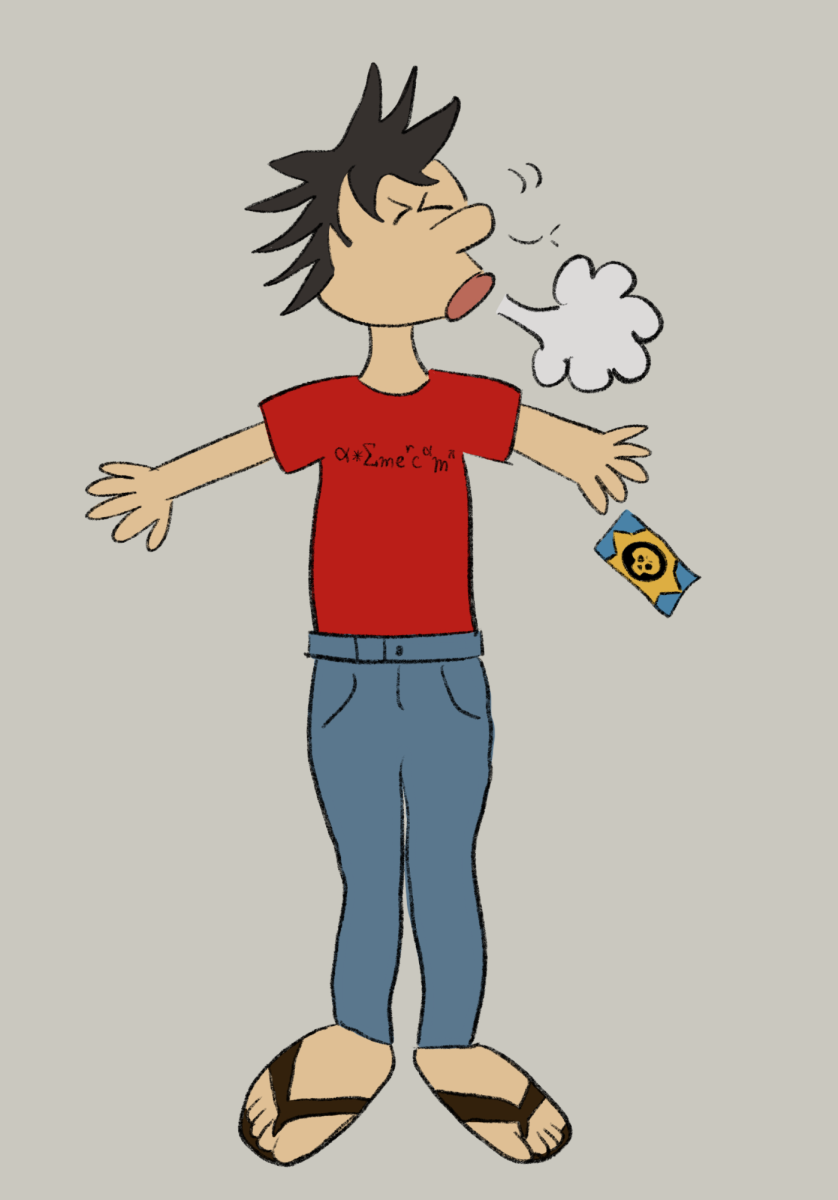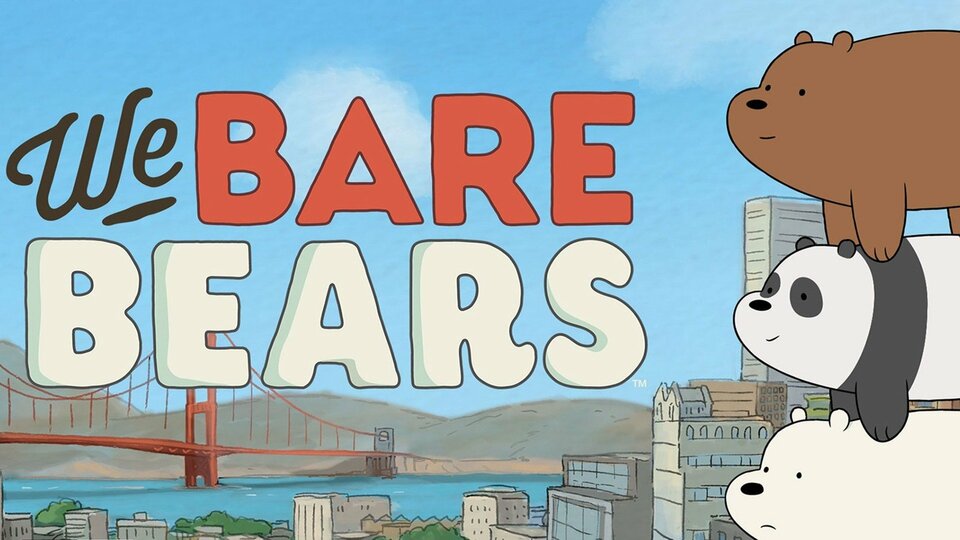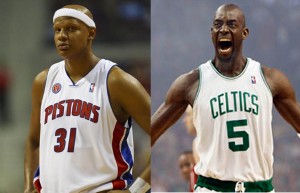Trash talking has become a regular part of most professional or amateur level sports. From the traditional “You play like a girl!” to an expletive-filled outburst, any athlete can expect to be involved in some form of trash talk during their life. But what happens when one takes trash talking too far?
The Boston Celtics’ Kevin Garnett allegedly referred to the Detroit Pistons’ Charlie Villanueva as “a cancer patient” during a game on Nov. 2. The catch? Villanueva suffers from alopecia universalis, a skin disease that results in hair loss.
Even though Garnett meant nothing but harmless trash talk, Villanueva was visibly upset and later jabbed back at Garnett via Twitter saying, “I would love to get in a ring with him. I will expose him.” Garnett may have not meant anything by his words, but he showed that one needs to take caution while engaging in such “harmless” trash talk.
Garnett claims that he did not call Villanueva a cancer patient, but rather he claims that he said Villanueva is “cancerous to his team.” Whether Garnett did call Villanueva a cancer patient or not, whatever he said visibly offended him.
Garnett may have only meant to get inside Villanueva’s head, but he should have watched his word choice much more carefully. Using the word “cancer” while talking to a hair-less man isn’t exactly the ideal word choice. Trash talking may only be an element of competitive drive, but it can also begin a battle of offensive name-calling and hate-filled words.
Trash talking still is, and always will be, an aspect of competitive sports. However, one needs to take heed when engaging in a verbal joust since some targets take name-calling and insults much more powerfully than others. Name-calling and insulting can be classified as mere childish actions, but at the same time, they can be truly offensive slurs directed inappropriately at others. Trash-talking may not seem very bad from the outside, but as Kevin Garnett learned, it is much more than harmless words.






